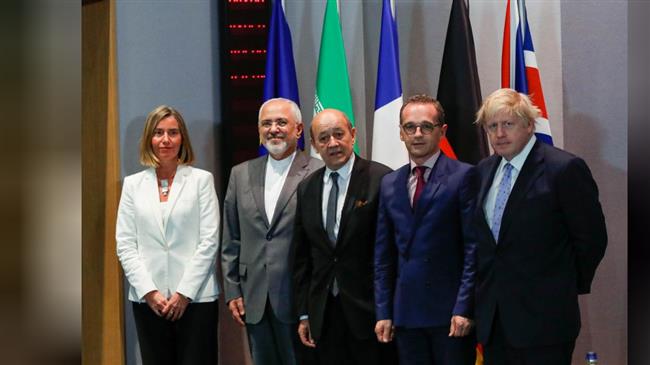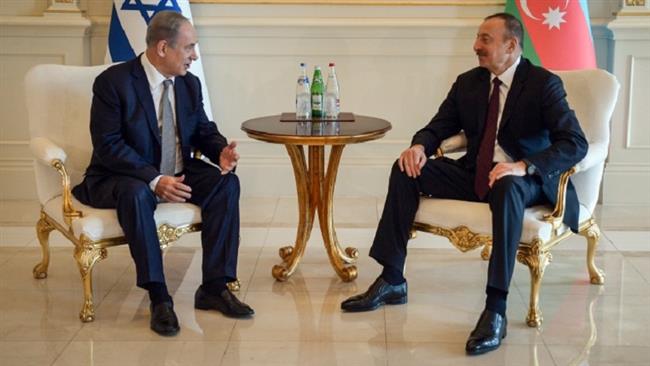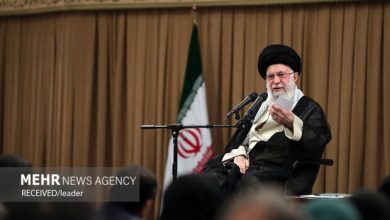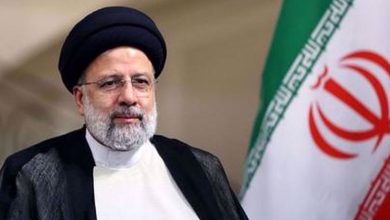EU unveils ‘statute’ to protect Iran trade against US sanctions


The European Commission says it has launched “the blocking statute” process to protect Europeans from US sanctions on Iran as part of efforts to preserve the nuclear deal with Tehran.
The EU executive said on Friday it “launched the formal process to activate the Blocking Statute by updating the list of US sanctions on Iran falling within its scope.”
The European Union is trying to find ways to keep Iran in the 2015 accord by safeguarding the economic benefits of the nuclear deal after US President Donald Trump abruptly pulled out of the deal.
The “blocking statute” is a 1996 regulation originally created to get around Washington’s trade embargo on Cuba.
EU officials say they are revamping the blocking statute to encompass Trump’s May 8 decision to revive Iran-related sanctions.
The statute prohibits EU companies and courts from complying with specific foreign sanctions laws and says no foreign court judgments based on these laws have any effect in the EU.
The European Commission said on Friday the measure would come into force within two months, unless the European Parliament and EU governments formally rejected it.
The measure could also be activated sooner if there was strong political support, it added.
The step comes after Iran’s Foreign Minister Mohammad Javad Zarif traveled to Brussels and met with his British, French and German counterparts to discuss the future of the nuclear deal without the US.
“Guarantees of benefits of the JCPOA should be given to Iran. We will have to see whether those remaining in the JCPOA can deliver those benefits to Iran,” he said in the Belgian capital on Tuesday.
EU foreign policy chief Federica Mogherini, however, said she could not talk about giving Iran guarantees for the economic benefits of the 2015 agreement.
Iran says there is not much time for Europeans to assure the economic benefits of the 2015 nuclear. Europe has promised to deepen dialog to arrive at practical solutions.
In recent days, several European companies have announced their intention to wind down business in Iran, raising questions about how much the EU can deliver on its promises.
Moreover, the Europeans’ commitment to the nuclear deal may come with strings attached, including their demands that Iran restrict its missile capabilities as well as its role in the Middle East.
Iran has dismissed those conditions and warned that there was not much time for Europe to deliver on providing the Islamic Republic with necessary assurances.





